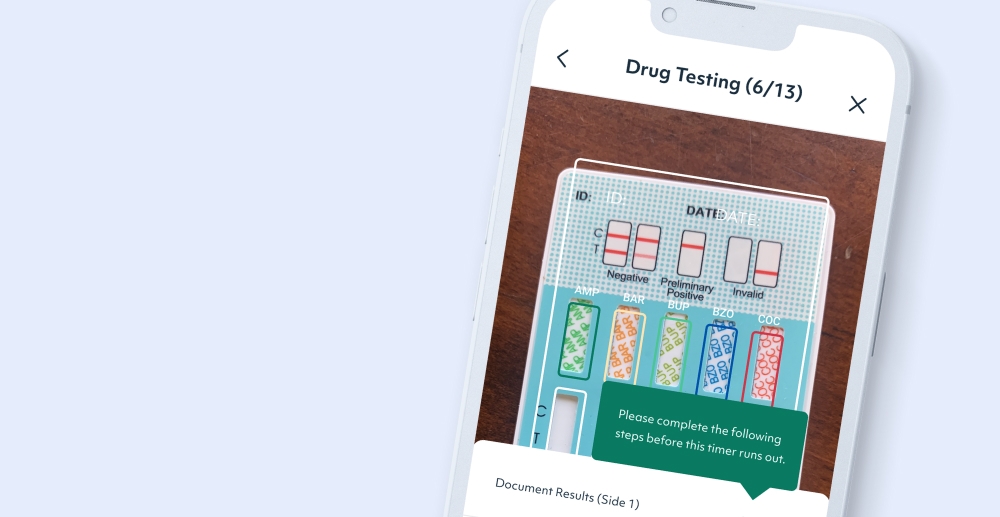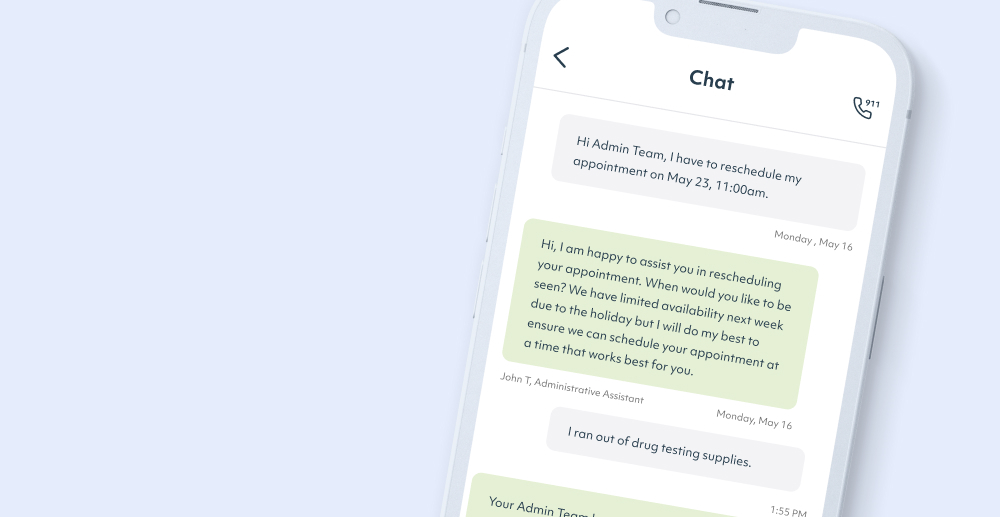Workit Health is on a mission to democratize addiction care by making it accessible, affordable, and effective. In the third installment of a series of posts on our learnings and insights, our CEO Robin McIntosh explains the importance of this goal in her own life and across the nation.
Statistically, I should not be here. It is almost impossible that I am a living, breathing woman who is running a company focused on ending the addiction epidemic in this country. I have been diagnosed with alcoholism, anorexia, bulimia, depression, and anxiety. Against all odds, today I am in remission, contingent on a deliberate mixture of therapy, medication, and peer support. I am one of the lucky few who was able to get the help that I needed when I needed it.
Nine out of ten people with substance use disorder in America still do not receive evidence-based addiction care. Millions of people suffer every day, shut out of treatment because it’s too expensive or not available. Improving access to low-cost, quality addiction treatment is more vital than ever in the face of America’s now record-breaking overdose death rates. In the roughly two decades since entering recovery, I’ve been to more funerals than I can count.
At Workit Health, we’re on a mission to democratize addiction care by making it accessible, affordable, and effective. As our Chief Medical Officer Dr. Coffey mentioned in a recent video, we take a patients-as-designers approach, meaning our members have a seat at the design table. But this means nothing if those patients can’t find and afford their treatment. That’s why accessibility is an important driver of Workit’s philosophy of care. Here are some insights we’ve learned along the way about making addiction care accessible:
- People who need addiction care the most are the least likely to be able to afford it. Medicaid serves as the foundation of access for a disproportionate number of people struggling with opioid use disorder. Four in ten adults struggling with opioids are covered by Medicaid. In states with expanded Medicaid, the uninsured rate among people with opioid-related hospitalizations was reduced from 13.4% in 2013 to just 2.9% two years after Medicaid was expanded. It’s vital that Medicaid covers a continuum of addiction services, including virtual programs like Workit Health, in order to make it simple for people to begin their recoveries without disrupting their ability to work or care for family members. Accessible, adaptable care allows people to receive help earlier in the addiction cycle, ultimately reducing overdose rates; comorbid conditions like hepatitis C, liver failure, lung and heart disease; or cross addictions like smoking and eating disorders that compound the difficulty of getting help.
- Technology is a great equalizer for providing quality care at scale. Medicaid plays a vital role in providing healthcare to rural America, and technology allows gold-standard care to reach rural populations. The opioid epidemic has hit rural America especially hard. In spite of this, over half of U.S. counties, most of them rural, have no waivered physicians able to prescribe buprenorphine for opioid use disorder. For residents of rural areas, Workit Health’s virtual care brings trusted experts directly to their living rooms. We partner with Medicaid plans to ensure their members are able to receive empowering and effective care at the moment they’re ready. Our clinicians are able to treat commonly co-occurring conditions like anxiety, depression, insomnia, and hepatitis C along with substance use disorders. Technology also serves to streamline processes, allowing our clinicians to focus on the most impactful parts of care—connecting with patients.
- Healthcare is hard—but this is the reason we need disruptive care. Workit Health developed as a result of a broken system. Inpatient rehabs spend tens of thousands of dollars on advertising for clientele with PPO insurance but refuse to accept Medicaid members. The consequences of long-term addiction, including loss of employment and social support, mean that Medicaid will always play a key role in addressing the opioid crisis. At Workit Health, our mission will always be to ensure access to people who need it most.
I’ll leave the last word to one of our members, from a publicly posted review this year:
“This program has been a complete life changer! I used to have to drive 50 minutes to my clinic where I was overcharged and judged. I thought this app was too good to be true but I am SO glad I tried it! They take my Medicaid so it’s WAAY cheaper, I don’t have to waste gas on driving to a clinic, the appointments are on facetime and are super quick. They send you your drug tests in the mail for you to do over the app, and most importantly, these people treat you with dignity and respect!”—Amanda









